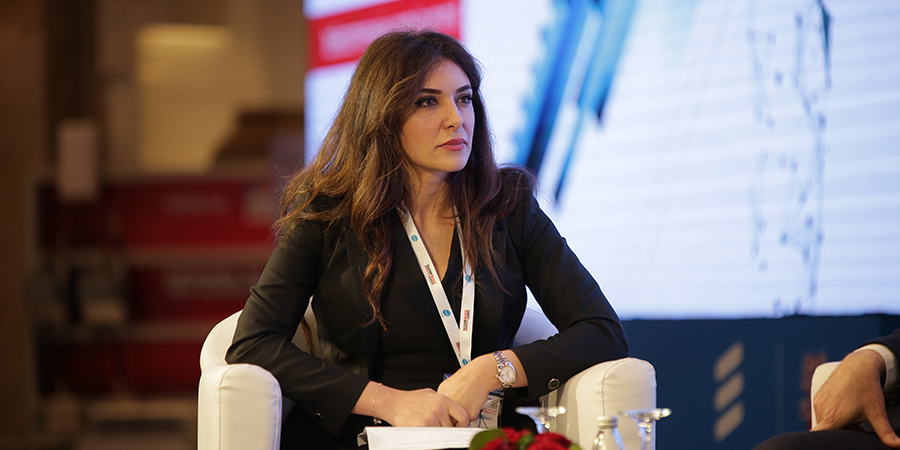In a male-dominated industry, more women are assuming high level positions. Zahra Zayat, VP and head of Middle East and North Africa, YuppTV, is one of the women who were able to make an impact in the ICT industry. In an exclusive interview, Telecom Review got to know more about YuppTV’s new partnership with Emirati operator, du, and the challenges that the video on demand (VoD) company is facing.
When asked about the status of women in ICT, Zayat confirmed that for her it wasn’t easy at first, but things are improving, notably in the UAE where the government is empowering and motivating women to join the telecoms workforce.
YuppTV has recently announced a strategic partnership with Emirati operator, du. What does this partnership entail?
Our partnership with du comes as part of our commitment to provide customers superior quality and service, bringing them more ways to enjoy unlimited South Asian premium content anytime and anywhere. With this strategic partnership, we are bringing together YuppTV with du home plans, giving du customers access to YuppTV’s bouquet of over 150 linear channels and 3000 movies on TV and mobile.
As a global OTT platform, two years ago in this region we launched aggressive plan to expand into all the Middle East. So far, we have partnered with over nine telcos and we continue to grow our strategic alliances with telcos across all the countries we operate in.
Many believe that VoD has taken over regular TV. Why do you think is that? And how did VoD impact the industry?
While we still see the Ramadan season in the region dominated by traditional TV, the Netflixes and Amazons of the world have changed the expectations of customers and their viewing behavior. SVoD revenues in the MENA region are predicted to reach $2.1 billion by 2024, leading to a significant decline in the growth opportunities for traditional TV. Technology, digital transformation and IoT have disrupted content consumption and have given OTT platforms the tools to offer a personalized experience to viewers and achieve economies of scale, raising the bar for traditional TV.
As YuppTV, we know who is watching what, where and when, we analyze the preferences of subscribers through their behavioral trends and we target them with ads that are fit for their preferences. We understand the content driving customer engagement and we recommend and acquire shows that create value to our subscribers. What an OTT can achieve is economies of scale that allows us to offer better and richer experience at a lower price compared to traditional TV.
What are the challenges that an OTT platform like YuppTV faces? And how do you manage to overcome them?
Digital piracy is still - and has always been - a global phenomenon. Pirates have very professionally packaged content. They rank very high on Google. They are really good with marketing their products. Because they do not have to worry about content acquisition, editorial rights, geo blocking and so on, it has become really difficult for YuppTV and all other OTT players to compete with pirates because we pay a lot for content without having robust regulations to protect our rights.
Since we operate in the digital world, we try to monitor our service through digital watermarking to block illegal streaming services. We have also partnered with the regulatory bodies across different countries to educate them about the impact of content piracy in the region, which has exceeded USD 750 million - with the most recent news of OSN shutting down their South Asian proposition “Pehla” due to piracy.
As a woman in the world of OTT and telecommunications, was it difficult to adapt in an industry dominated by men?
I believe that this is the reality of the region, and I have faced this throughout my career where I’ve held positions in management consulting, investment banking, media and OTT. However, this is changing and there is a wider acceptance of female leaders. The UAE government has also played a great role in that.
Women adapt quickly, and as a woman, I strive to make an impact by continuing to improve and grow. The industry is changing, and companies have realized that having women professionals holding senior positions in their organizations is a must. The combo of intellectual and emotional intelligence in addition to her ability to multi-task, makes females best fit to hold senior positions. As a woman working in the OTT industry, I see a great improvement in the organizational support system motivating females to grow their careers.
What message would you like to convey to women aspiring to be part of the telecommunications and ICT industry?









